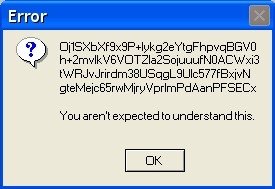I sat staring at my computer screen trying to come up with a topic for today's blog, but nothing was coming out. It was like all my ideas were tapped, my mind empty. The problem: I knew I needed to write something, couldn't believe I had put off finding a topic until the day it was supposed to be posted. Unfortunately inspiration wasn't moving me.
So what do we do when we reach a blank spot in our writing whether for a blog or other project when inspiration doesn't strike? Well, I can always eat chocolate. It won't help me write better, but it will taste good. I could try writing something else, something from another story as I've said I sometimes do, but what if I feel completely dry? What if nothing strikes my interest and I'm still staring at the blank screen?
Sometimes the only way you can start writing is to write. My friend John sends a bunch of us writers 'Snacks'--ten-minute writing assignments of varying genres. Each week he assigns three, fiction, non-fiction and biographical. OK, I admit, I haven't done very well following through on these writing assignments, but the point is they are there and they are a great source for ideas on something to write.
You can do your own variation of this by watching people around you. Make up stories about what they are doing, who they are, where they are going. I understand there are books with ideas out there as well. Look and see what you can find.
When it comes down to it, the most important part of writing is simply writing. A lot. Not everything I write is going to be great. Some of it will stink and will have to be rewritten. Maybe over and over. But when I start to write, even if what I'm working on is total trash, I never know when that trash might turn into something salvageable. Maybe something sliding from my fingers onto my screen will turn out to be a great tidbit for one of my stories.
I read a quote somewhere that went something like this: "The only way to write a good story is to write a lot of bad ones first." Unfortunately that has held true for my writing. Now that I've done a lot of bad writing, I have a lot of good ideas I can turn into good writing. Right?




